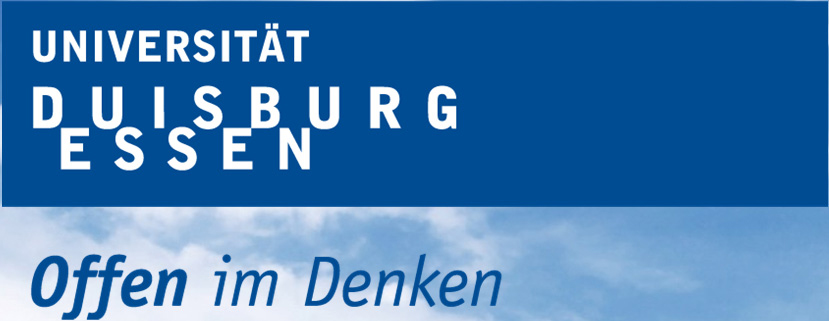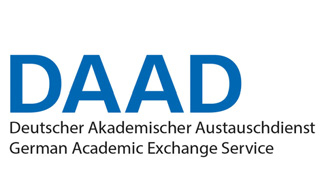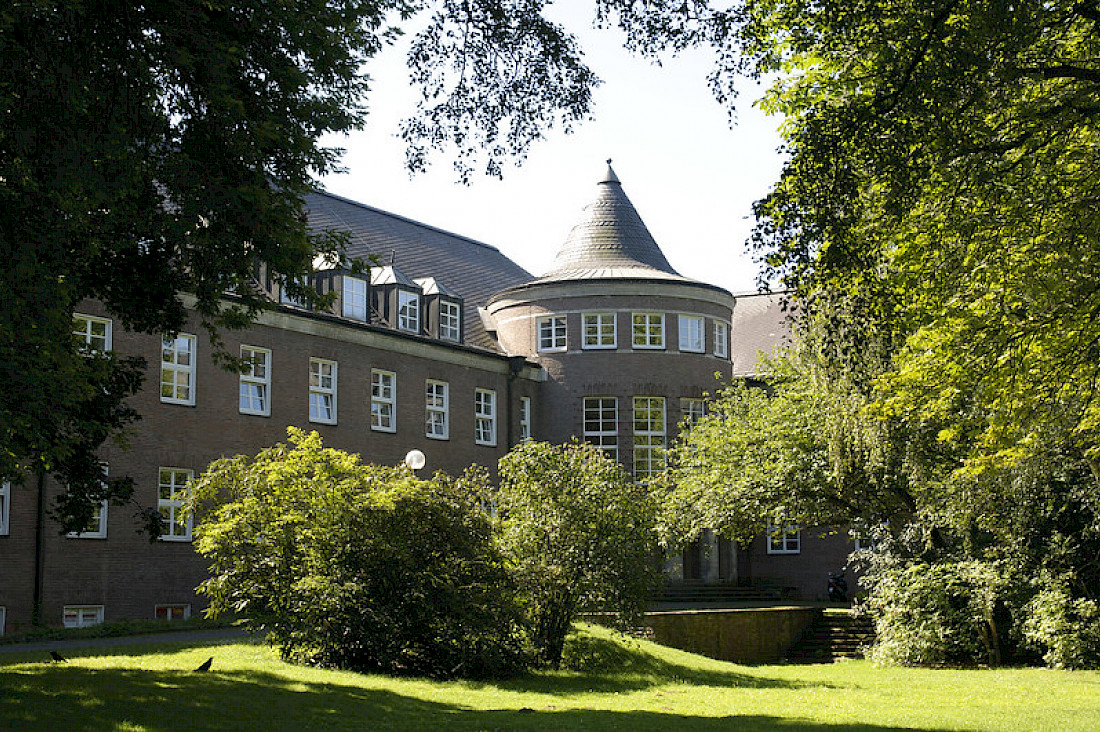EU integration and autocratization of political systems: Institutional resilience in the Western Balkans and Turkey
Topic
The previous decade in world politics has seen several regime changes, such as the 2016 elections in the US or the 2018 elections in Brazil, which challenged the institutional dura-bility of bureaucracies because of the autocratization of politics. On one hand, state agen-cies of former democratically functioning regimes become tools of the autocrat while the leader is seeking hegemonic rule. On the other hand, there are the institutions of (semi-) autocratic governments, which find themselves in the hands of newly elected democrats.
This phenomenon is exceedingly pronounced in the political regimes of the Western Balkans and Turkey for two reasons. First, the relatively short institutional memory in the Western Balkans makes state institutions easier to capture by an autocratic regime. Second, countries in the region and in Turkey are in the process of EU integration, which relies on the expertise of a group of democratic, reform-oriented bureaucrats, who may resist autocratic interven-tions. Serbia experienced autocratization in the early 2010s, moving from inclusive institu-tions towards repressive ones. Yet, there are recent examples from Kosovo, Montenegro and North Macedonia where the established, and in part autocratic regimes, have been replaced with pluralist governments. Turkey’s case is dissimilar because of its distinct historical tra-jectory and longer democratic experience. Yet, it is worthy of comparison because since 2002 the traditional bureaucracy has been under the pressure of the AKP government. There are institutions, such as the judiciary, which have been completely captured by the incum-bent, while others, for instance the Ministry of Foreign Affairs or municipalities, still have a certain degree of autonomy.
The workshop aims to provoke an exchange of ideas and experiences between advanced students and trained scholars of humanities and social sciences who conduct research on Southeast Europe. The questions of the workshop are, including, but not limited to, the following:
- How can state institutions resist the intervention of autocratic regimes?
- How can old state institutions of a formerly autocratic regime sabotage the workings of a new pluralist government?
- Is there institutional resilience, and if there is, what are the signs of it?
- Which institutions are the most prone to resistance, are there regional similarities?
- How can the EU integration process strengthen institutional resilience?
- Does the EU integration process assist state capture, if yes how?
Please find more information in the attached program.
Registration
The event will take place in a hybrid version, online via Zoom and in person (limited capacities only). In all buildings at the University of Duisburg-Essen it is still mandatory to wear a medical face mask. The general hygiene reg-ulations also apply. If you want to take part, please reach out via email by 8 June 2022 to: László Szerencsés, University of Graz/University of Duis-burg-Essen (laszlo.szerencses@edu.uni-graz.at).
Am 09.06.2022, 11:00 Uhr
Ort: University of Duisburg-Essen, Institute of Political Science, Room LF 159, Lothar-straße 65, 47057 Duisburg / Online
In cooperation with:


with the financial support of: 

